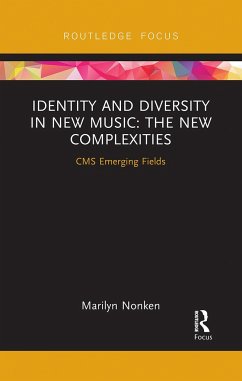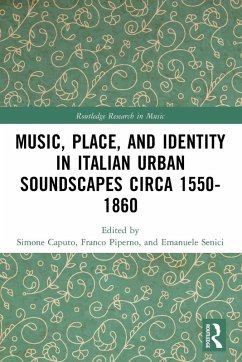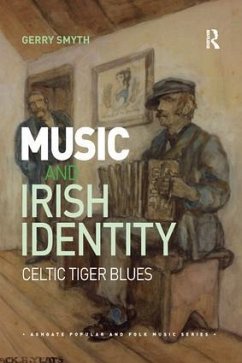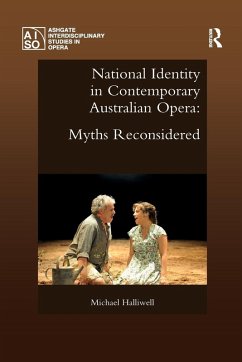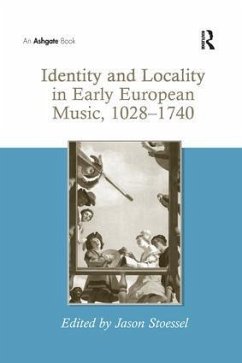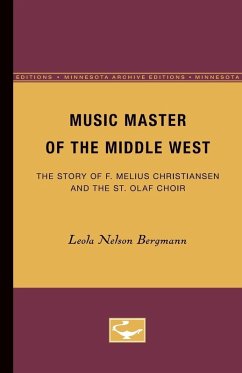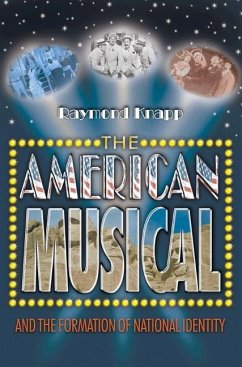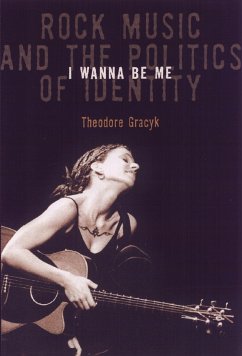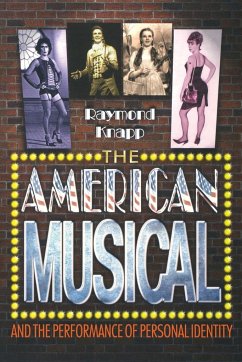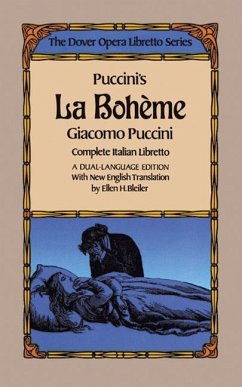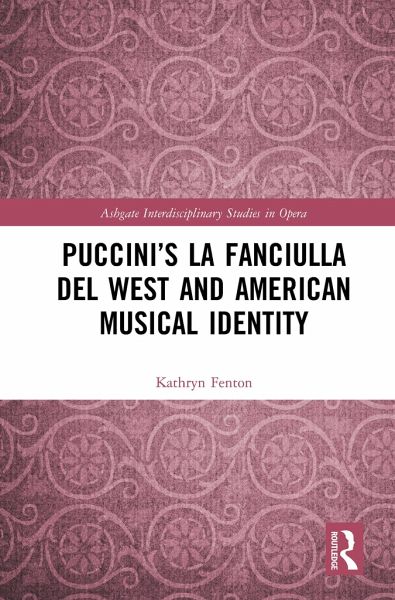
Puccini's La fanciulla del West and American Musical Identity
Versandkostenfrei!
Versandfertig in 1-2 Wochen
55,99 €
inkl. MwSt.
Weitere Ausgaben:

PAYBACK Punkte
28 °P sammeln!
On 10 December 1910, Giacomo Puccini's seventh opera, La fanciulla del West, had its premiere before a sold-out audience at New York City's Metropolitan Opera House. The performance was the Metropolitan Opera Company's first world premiere by any composer. By all accounts, the premiere was an unambiguous success and the event itself¿recognized as a major moment in New York cultural history. The initial public opinion matched Puccini's own evaluation of his opera. He called it "the best he had ever written" and expected it to become as popular as La Bohème. Yet the music reviews tell a differ...
On 10 December 1910, Giacomo Puccini's seventh opera, La fanciulla del West, had its premiere before a sold-out audience at New York City's Metropolitan Opera House. The performance was the Metropolitan Opera Company's first world premiere by any composer. By all accounts, the premiere was an unambiguous success and the event itself¿recognized as a major moment in New York cultural history. The initial public opinion matched Puccini's own evaluation of his opera. He called it "the best he had ever written" and expected it to become as popular as La Bohème. Yet the music reviews tell a different story. Marked by ambivalence, the reviews expose the New York City critics' struggle to reconcile the opera they expected to see with the one they actually saw, and the opera itself became embroiled in controversy over the essence of musical Americanness and the nativist perception that a uniquely American national opera tradition continued to elude both American- and foreign-born opera composers. This book seeks to account for the differences between Puccini's own assessments of the opera and those of its first audience. Offering transcriptions of the central reviews and of letters unavailable elsewhere, the book provides a historically informed understanding of La fanciulla del West and the reception of this European work as it intersected with both opera production and consumption in the United States and with the process of American musical identity formation during the very period that Americans actively sought to eradicate European cultural influences. As such, it offers a window into the development of nativism and "cosmopolitan nationalism" in New York City's musical life during the first decade of the twentieth century.





